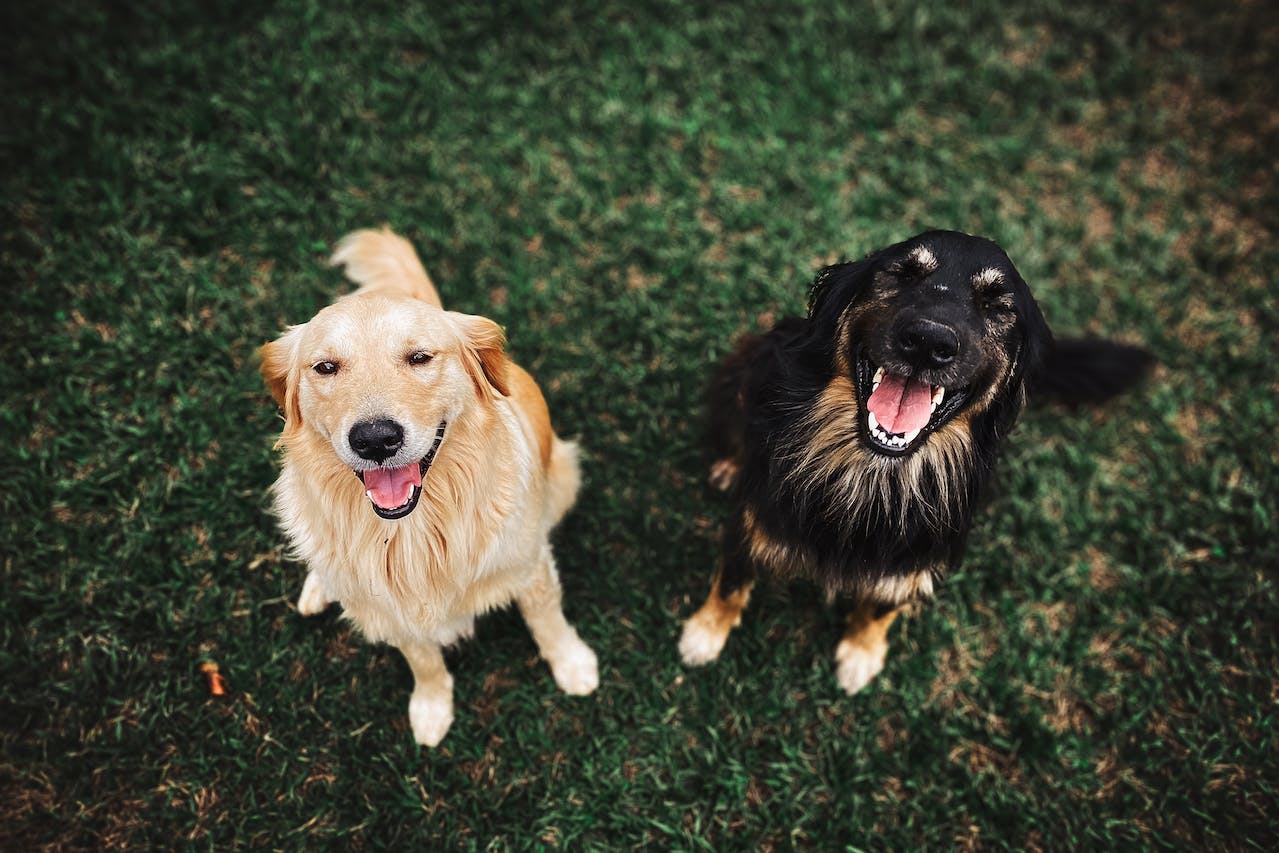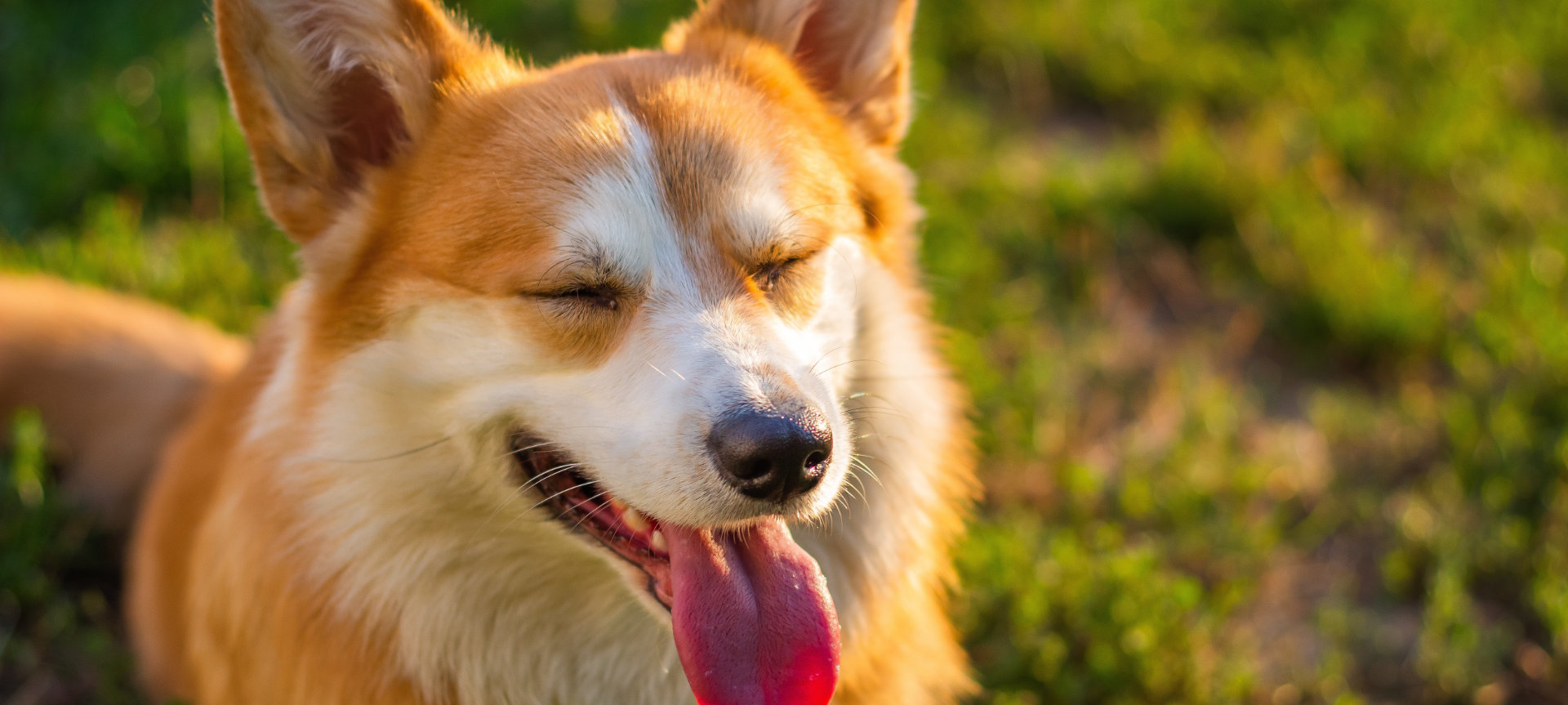
28 Nov What to Expect During Your Dog’s Annual Dental Exam
Regular dental care is crucial for maintaining your dog’s overall health and well-being. Just like humans, dogs can develop dental issues that, if left untreated, can lead to discomfort, pain, and other health complications. As part of your dog’s healthcare routine, an annual dental exam is essential to assess their oral health and prevent potential dental problems. Understanding what to expect during your dog’s annual dental exam can help you ensure that your furry friend maintains a healthy and happy smile.
Preparing for Your Dog’s Annual Dental Exam
Before the dental exam, it’s essential to prepare your dog for the visit to the veterinarian. Consider the following tips to help make the process as smooth as possible:
- Familiarize your dog with the car ride if they experience anxiety or stress during travel. If anxiety medications are needed, please call your veterinarian.
- Avoid feeding your dog a large meal right before the exam, as it may interfere with any necessary procedures that require anesthesia.
- Bring any relevant information about your dog’s dental history, including any concerns or changes you’ve noticed in their behavior or eating habits.
The Dental Exam Process
During your dog’s annual dental exam, you can expect the following steps to be performed by the veterinarian:
- Physical examination: The veterinarian will conduct a comprehensive physical examination, including an assessment of your dog’s overall oral health, looking for any signs of dental disease, plaque, or tartar buildup.
- Dental cleaning: If necessary, the veterinarian may recommend a professional dental cleaning to remove any plaque or tartar that has accumulated on your dog’s teeth. This procedure is performed under anesthesia to ensure a thorough cleaning.
- Evaluation of gum health: The veterinarian will examine your dog’s gums for signs of inflammation, redness, or bleeding, which could indicate gum disease, such as periodontal disease, or other oral health issues.
- Dental X-rays: Your veterinarian will recommend dental X-rays and/ or Cone Beam CT to assess the health of the teeth and roots thoroughly. This allows for a more comprehensive evaluation and helps identify any underlying dental issues that may not be visible during a regular exam.
Post-Exam Care and Recommendations
After the dental exam, your veterinarian may provide specific recommendations based on the findings and the overall oral health of your dog. These recommendations may include:
- Tips for maintaining good dental hygiene at home, such as regular tooth brushing and the use of dental chews.
- Advice on the best diet to support your dog’s dental health and overall well-being.
- Follow-up appointments or future dental care plans, depending on the specific needs of your dog.
Preventive Measures for Ongoing Dental Health
In addition to annual dental exams, there are several preventive measures you can take to support your dog’s ongoing dental health:
- Establish a regular dental hygiene routine, including daily tooth brushing.
- Provide dental-friendly treats and toys to help reduce plaque and tartar buildup.
- Schedule regular check-ups with your veterinarian to monitor your dog’s dental health and address any concerns promptly.
Annual Dental Care for Dogs in Knoxville, TN
Annual dental cleanings are vital for your pet’s health and overall well-being. To schedule your dog’s dental cleaning, contact our team today!
Photo by Helena Lopes from Pexels




